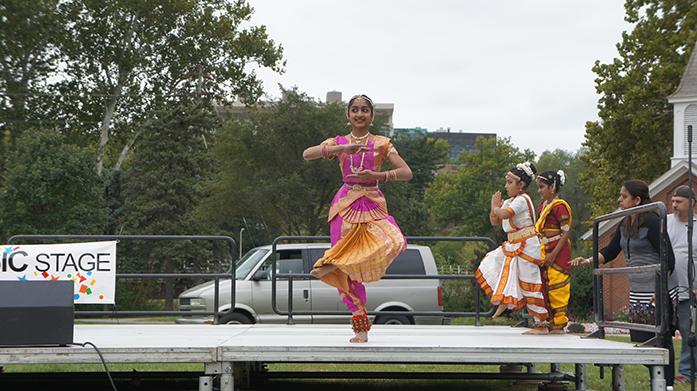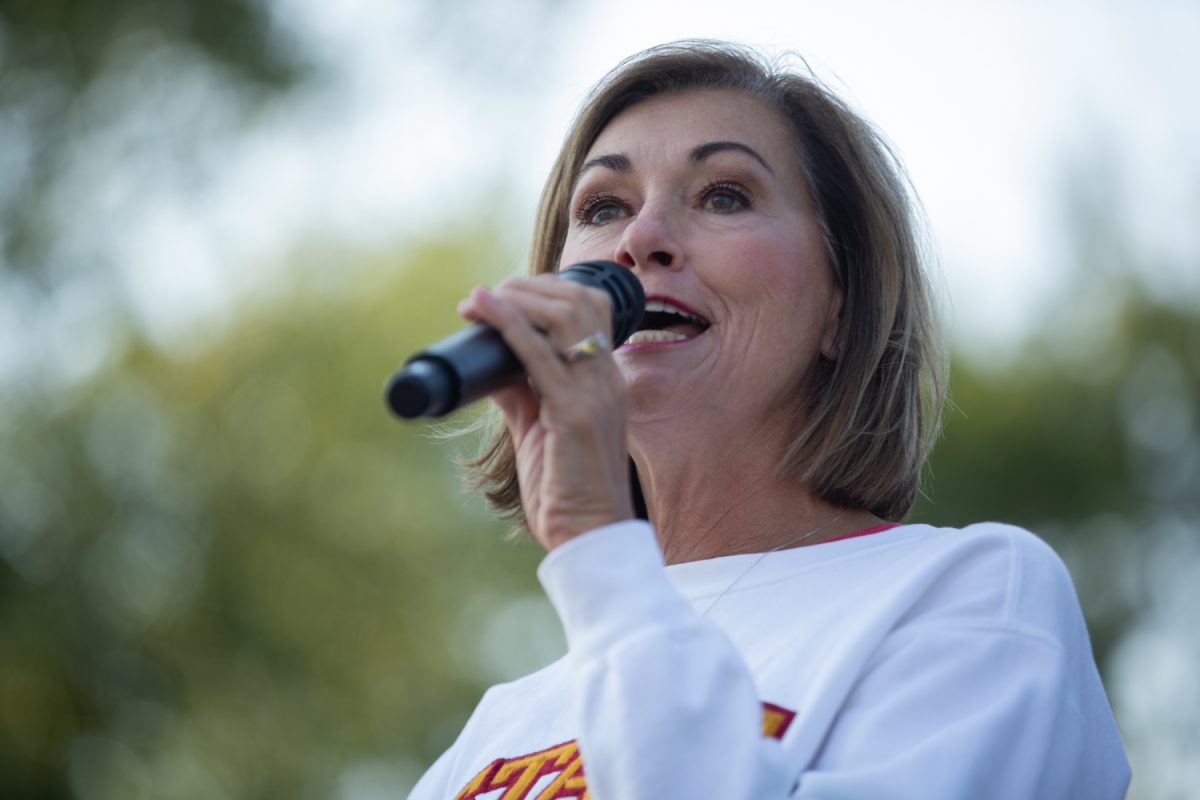Joe Lane
[email protected]
I am in no place to comment on the Cultural Diversity Fair. As a white college student, born in St. Paul, Minnesota, who spent most of his life growing up in an affluent suburb, perhaps it just is not my place.
From a factual point of view (participation, community involvement, student interest, etc.), I’m sure the University of Iowa Center for Diversity & Enrichment has plenty of valid reasons for deciding to discontinue the Cultural Diversity Fair after its 25th anniversary. So perhaps I’m not disappointed in the school for doing so. Perhaps I’m more disappointed that students, me included, have not taken an active enough role in the diverse world they will face upon graduation — or already face.
When I moved to the aforementioned suburb, I also left the James J. Hill Montessori Elementary School. According to the school’s website, “J.J. Hill Montessori takes pride in the continuity of its staff and the diversity of its children … The student body mixes students of all nationalities.”
And this was all true.
My best friend was white, true, but my close-knit group of friends looked like the pamphlets you receive from colleges before applying — with diverse students studying on their dorm-room floor — black, Hmong, Latino, and others.
Before we moved away from my first neighborhood and J.J. Hill, my mother took me to my new elementary school for a tour. When we returned to the car, I’ll never forget asking, “Where are all the black kids, Mom?”
From J.J. Hill, I learned to appreciate diversity and the unique backgrounds of the people in my community. Yet I still fall into the group of students who didn’t take the time to accurately reflect an appreciation for the diverse backgrounds of Hawkeyes. I stopped by the Diversity Fair, but only for a few minutes and only truly in passing.
As a Daily Iowan article from earlier this week points out, the UI is certainly becoming more diverse; in 2010, total minority enrollment was only 12 to 13 percent. The class of 2019 has a minority enrollment of 21 percent. And while the elimination of the Diversity Fair isn’t a good thing for these individuals or the communities, it is indicative of a bigger problem.
Twenty-one percent of the latest first year class translates to nearly 1,100 students. According to U.S. News & World Report’s diversity index, however, UI has only the 12th-most diverse school in the Big Ten out of 14. With a number that low, we’ve got to do more to engage the students of diverse backgrounds who are at the university.
Diversity does not simply mean strength in numbers. Having dozens of nationalities with hundreds of individuals at one university, even to the point where the white majority is a minority, does not inherently create diversity. Diversity is when those dozens of cultures and hundreds or thousands of students interact with one another as members of a greater whole.
And while the university creates a decent amount of interaction, it is its job to facilitate virtually nonstop interaction — such as the Diversity Fair. It is the job of the students, however, to take an active role in the multicultural world in which they live and in which they will live when they graduate.









